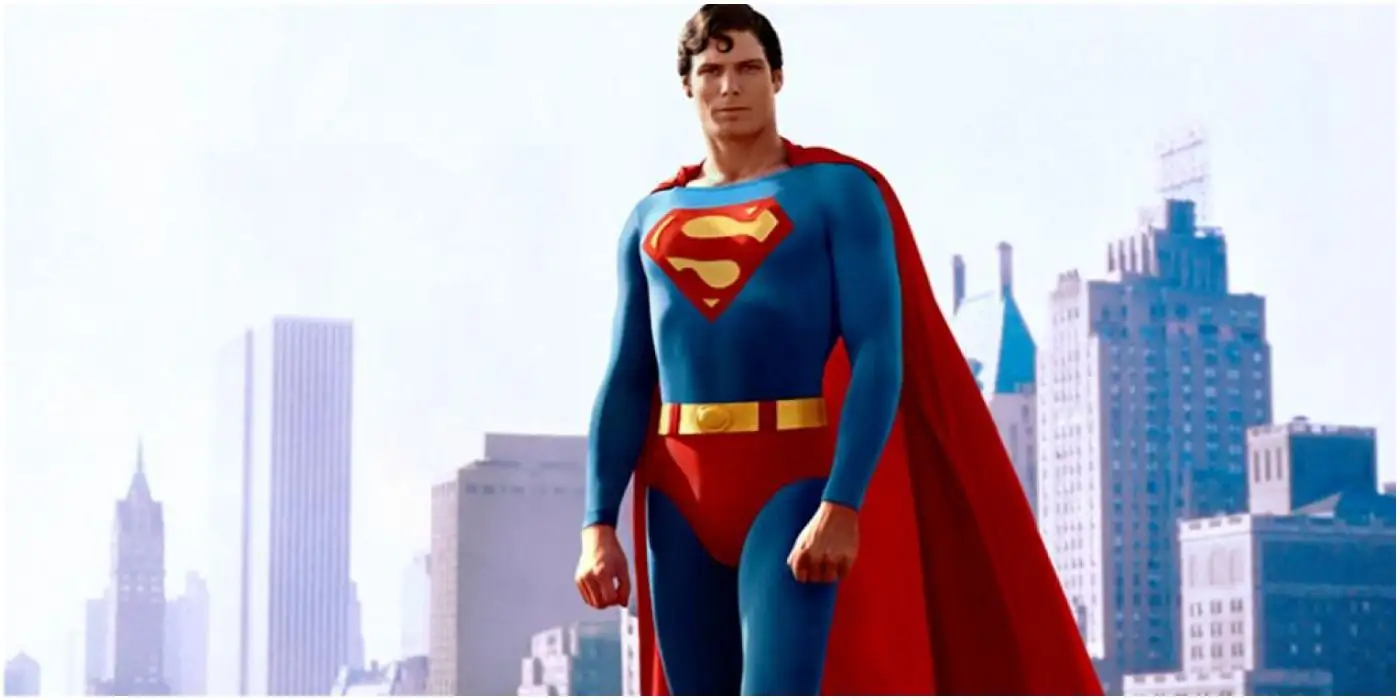There are two things that I learned from the elegant new documentary Super/Man The Christopher Reeves Story. One is that he was a classically trained actor and a graduate of Julliard. Two, he considered choosing to die after the 1995 horseriding accident that paralyzed him, leaving him dependent on a ventilator to merely survive. Superman thought about tapping out? Yes, it’s true. Directors Ian Bonhôte and Peter Ettedgui start the film with the near-fatal accident and then use archives of Reeve’s recollection to recount a life well lived and a hero reborn from tragedy.
Unprecedented access to home movies and archives paired with an impressive amount of interviews retrace Reeve’s sudden rise to stardom and the character that he could never really seem to shake off. We learn that Reeve and comic madman Robin Williams were roommates in college and were, essentially brothers. In a hilarious interview, Jeff Daniels recalls the time he, Reeve, and a tender-aged William Hurt were working together Off-Broadway. After hearing that Reeve was flying to London for a screentest for the upcoming Superman movie, Hurt urged him not to be a sell-out.
The rest, of course, is history. Interviews with producers of the film and director Richard Donner share the stories from the casting process and how Reeve ended up with the role that would follow him forever. At the same time, we learn about his troubled childhood and the impossible standards that his father laid out for him. Utilizing interviews with his first partner and the mother of his first two children, we learn about their meet-cute at Pinewood Studios and Reeve was always reluctant to enter into a “marriage.”
To his credit, all three of his children from two separate marriages and Ex-partner Gae Exton look back on their Reeves with fondness. The trio paints a picture of an almost too-active father that drove them, lovingly, to higher standards of excellence. Ice Skating, piloting aircraft, and an eventual love of horseback riding were all things that he and his family did.
Once we get back to the moment the accident occurred we see how Reeve became a powerful advocate and champion of those living with disabilities. Establishing research foundations and raising money became his new Modis Operandi thus helping so many to get more help than he had.
To me, what was the most striking was the amounts of known movie stars, producers, and friends that had so many wonderful things to say about their friend. Aside from Williams, Hurt, and Daniels, stars like Glen Close, Susan Sarandon, and Whoopi Goldberg offer their accounts and admiration.
We know how things ended and the events are brought to life in vivid detail by those who were there. Yet it’s the candid processing of the tragedy and ultimate navigation through the darkest moments that are the most resonant.


